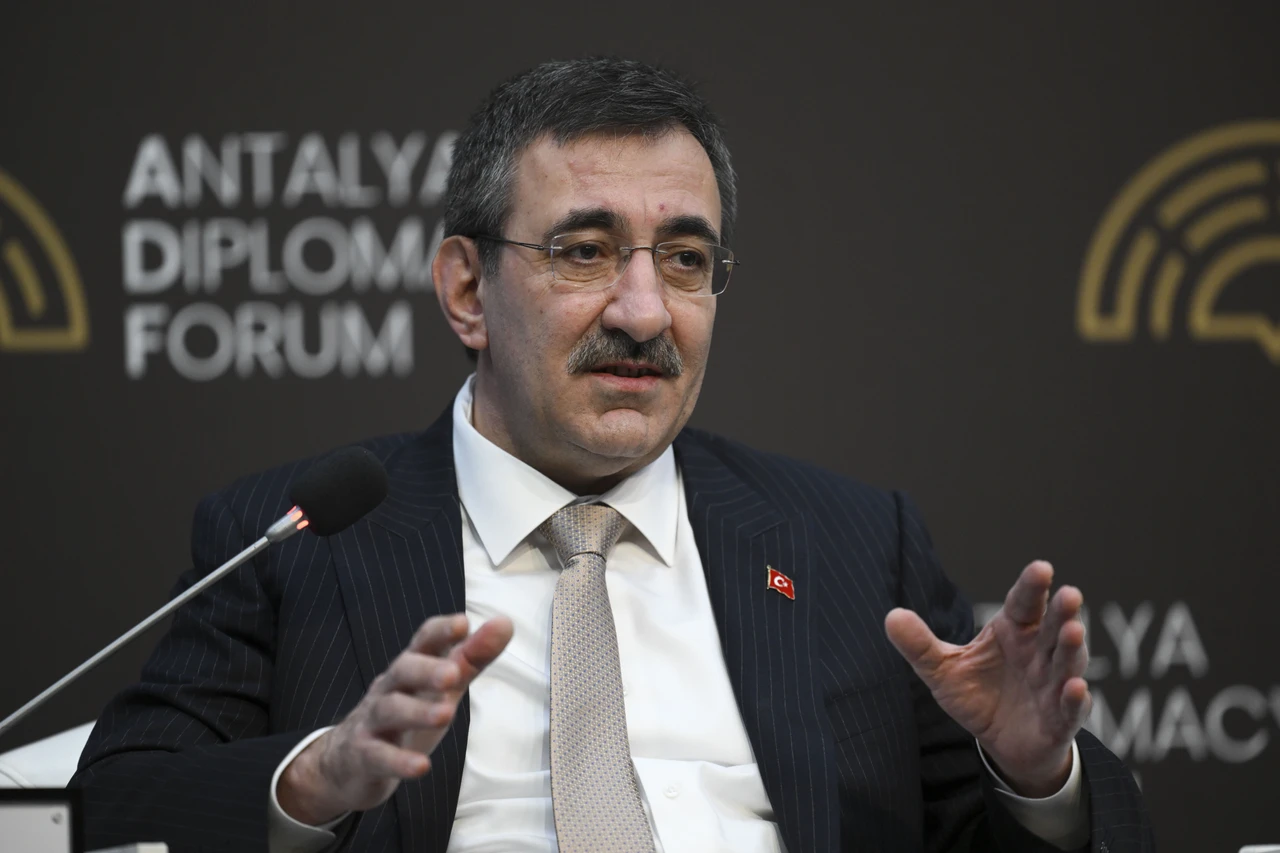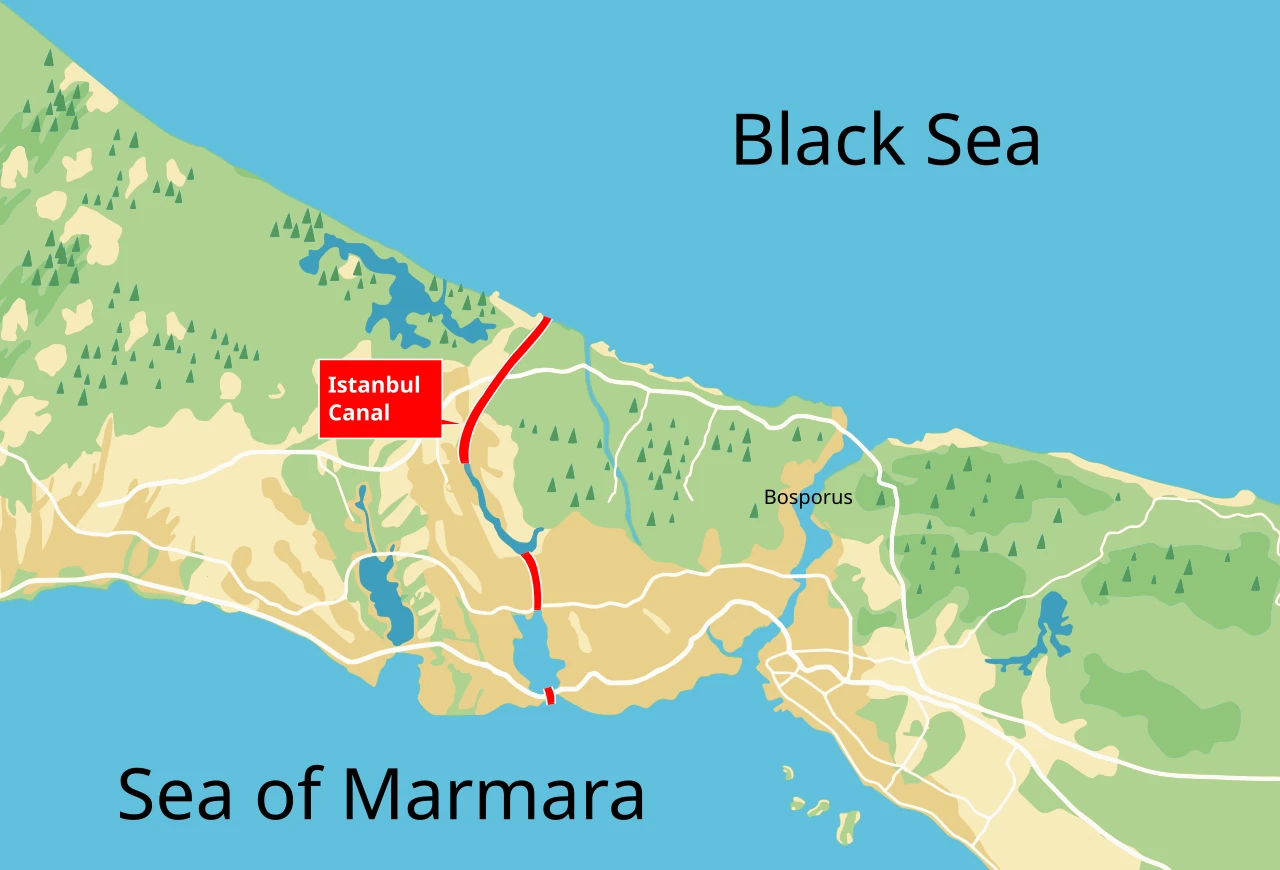Trump-Erdogan meeting on agenda as FM Fidan emphasizes Türkiye’s peace diplomacy
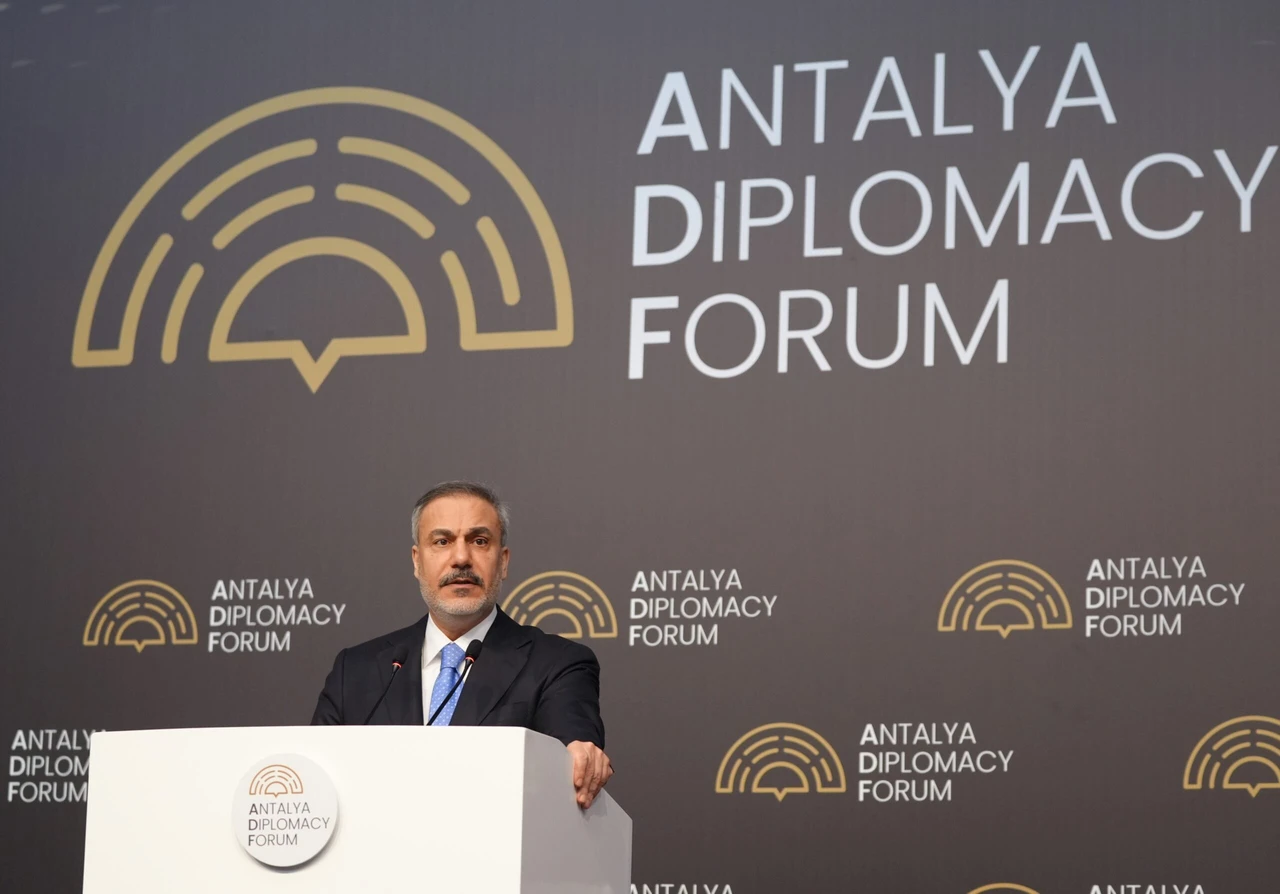 Turkish Foreign Minister Hakan Fidan speaks during a press conference following the 4th Antalya Diplomacy Forum (ADF2025), at the NEST Congress Center in Antalya, Turkiye, on April 13, 2025. (AA Photo)
Turkish Foreign Minister Hakan Fidan speaks during a press conference following the 4th Antalya Diplomacy Forum (ADF2025), at the NEST Congress Center in Antalya, Turkiye, on April 13, 2025. (AA Photo)
Foreign Minister Hakan Fidan said Sunday that preparations are ongoing for a potential meeting between President Recep Tayyip Erdogan and former U.S. President Donald Trump, noting that the location—whether in the U.S. or Türkiye—has yet to be finalized.
Speaking on the final day of the Antalya Diplomacy Forum, Fidan highlighted that Türkiye continues to play a key diplomatic role in a variety of regional crises.
“We hosted over 6,000 participants, including 21 heads of state or government and 64 ministers from 155 countries,” Fidan said, describing the forum as a platform that brought together actors from the heart of global conflicts.
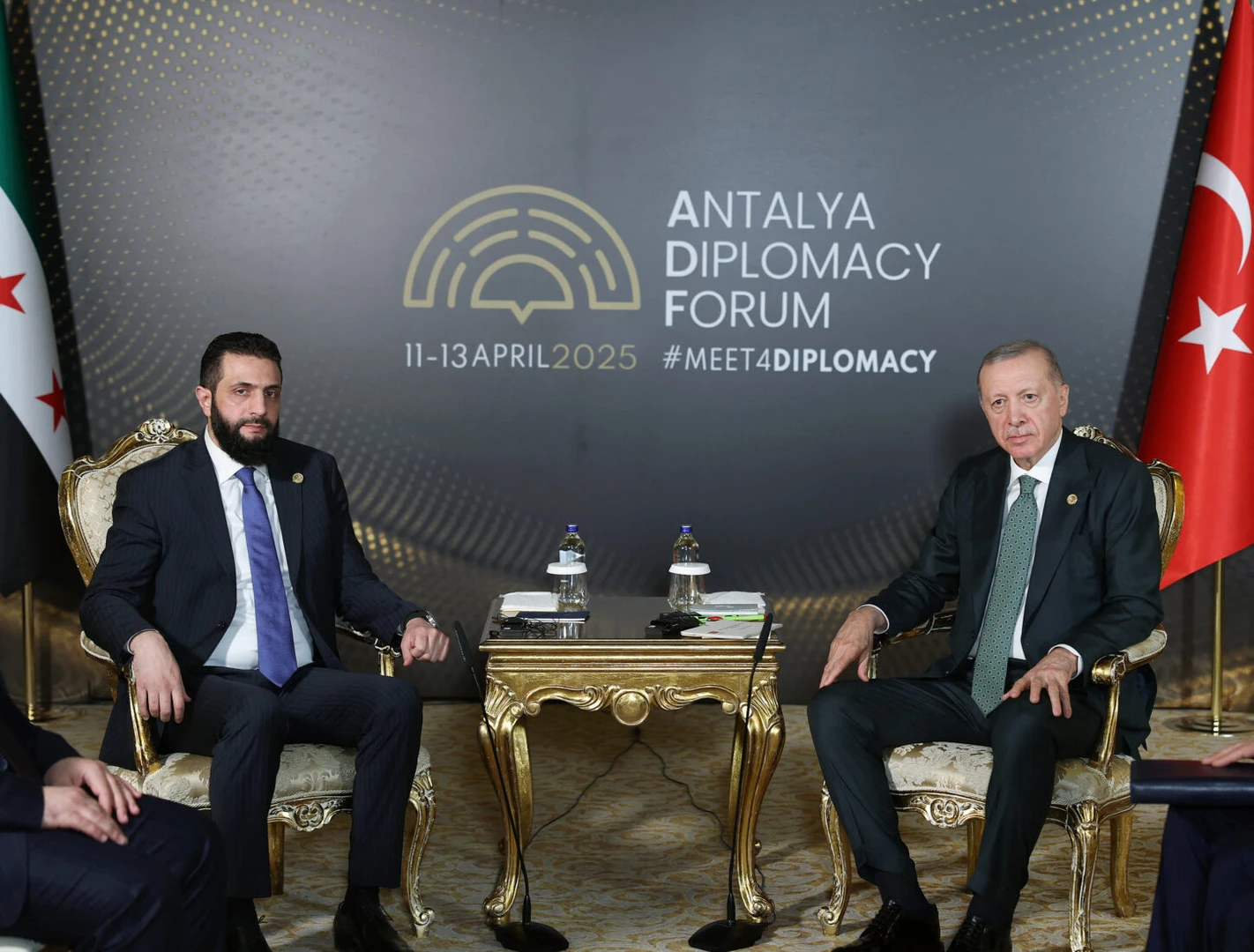
Focus on Gaza, Syria, Ukraine
Fidan emphasized that diplomacy is Türkiye’s core strategy for ending humanitarian suffering in the region. “We devoted nearly an entire day to the issue of Palestine. Our commitment to stopping the bloodshed in Gaza remains firm,” he said. The minister also reiterated Türkiye’s constructive role in Syria and Ukraine.
When asked about the possibility of Erdogan visiting Damascus, Fidan confirmed that the idea is on the table. “There is an intention from our president to visit. We are currently working on identifying the right conditions, timing, and setting.”
He added that Türkiye is engaged in ongoing efforts to prevent unintended military incidents in Syria. “Talks are underway to ensure that no parties come into direct conflict. The goal is to avoid miscalculations and maintain stability.”
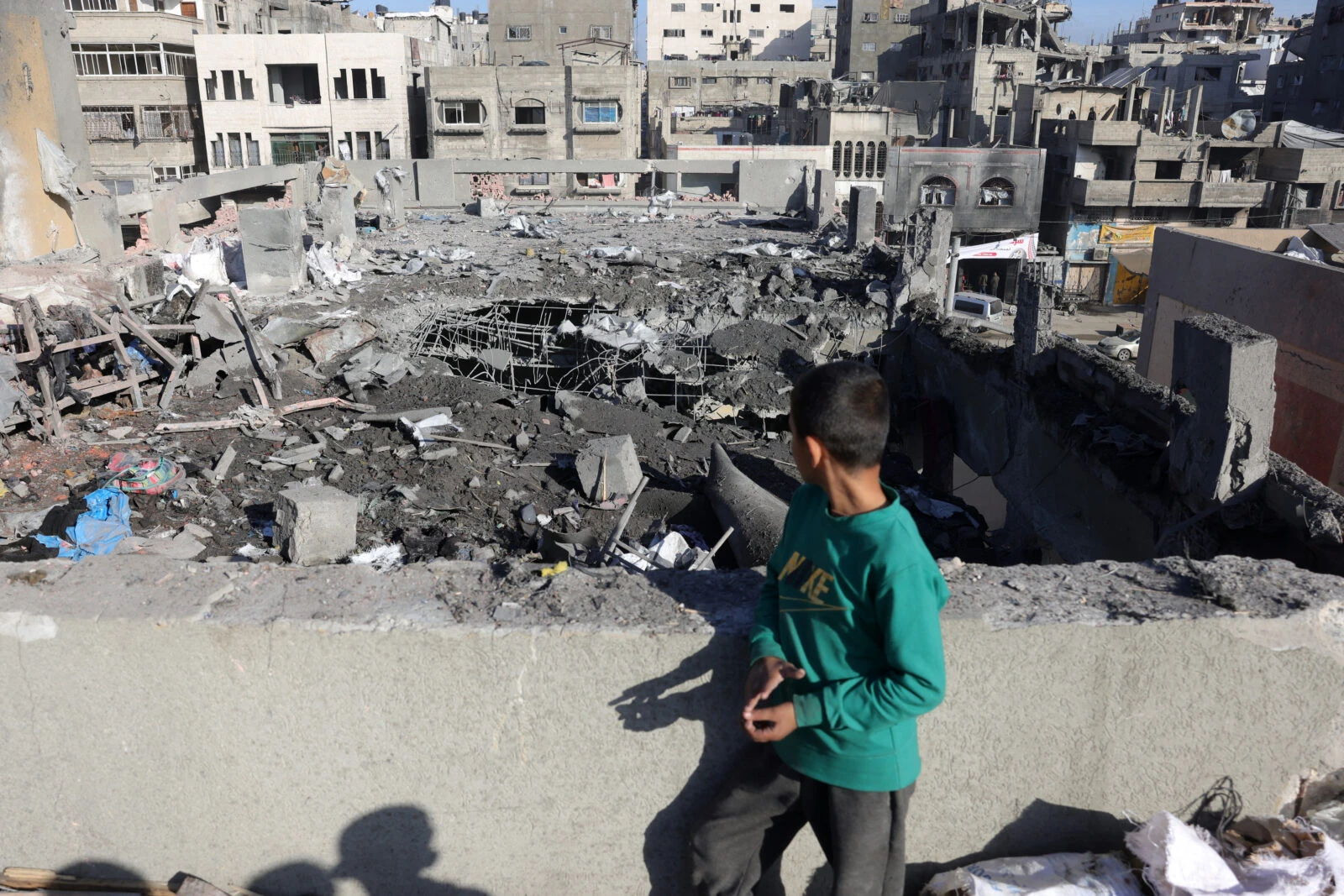
Gaza and global responsibility
On Gaza, Fidan said, “We continue to act on every front to end the bloodshed. There is near-global consensus that Israel’s actions amount to genocide. But only one country—the United States—has the leverage to stop Israel through means other than warfare.”
He pointed out that Türkiye’s diplomatic channels remain open with both sides. “President Erdogan’s message that ‘The world is bigger than five’ is particularly relevant here,” Fidan noted, referring to the limitations of the U.N. Security Council.
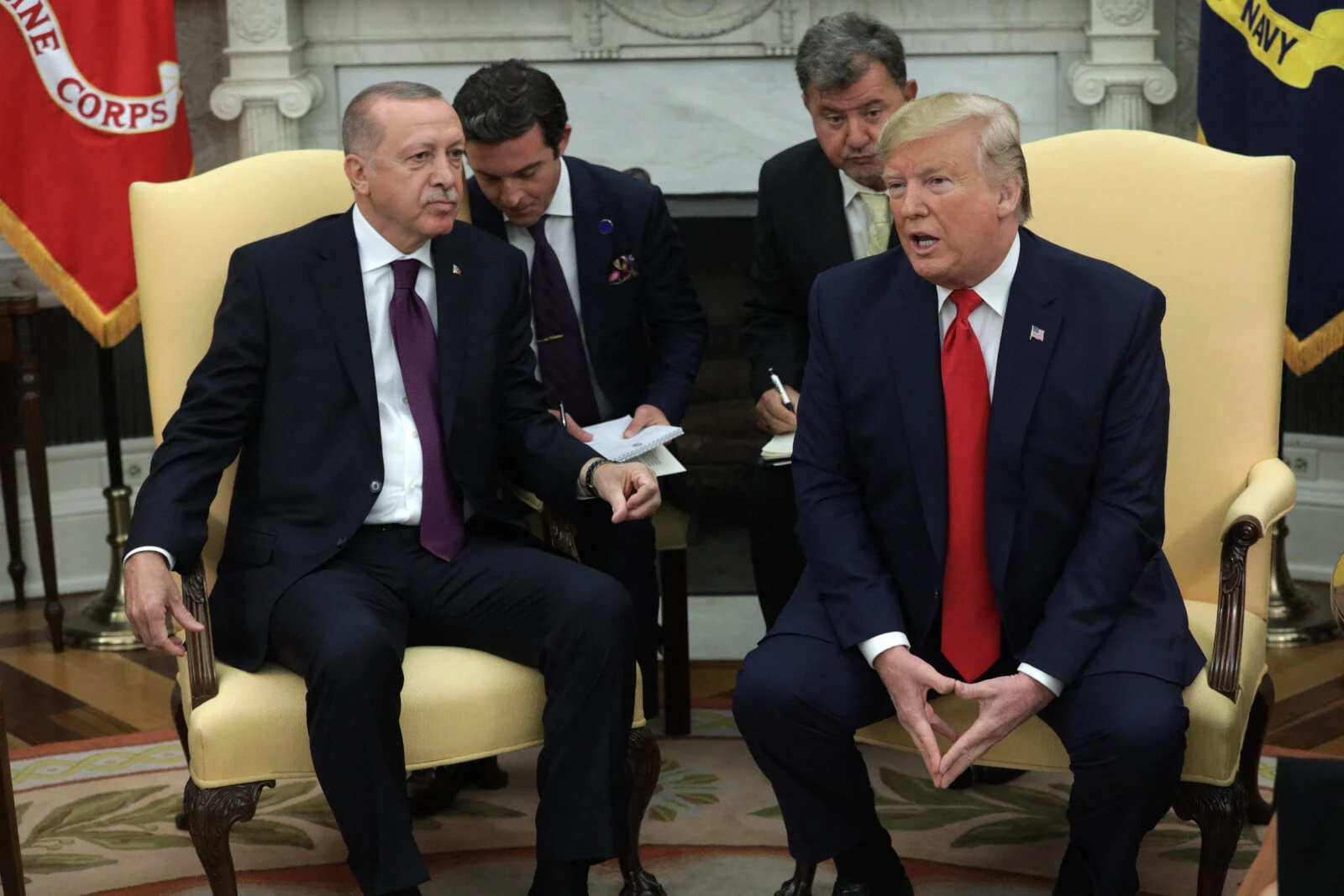
Dialogue with the new U.S. administration
Commenting on engagement with Washington, Fidan confirmed ongoing dialogue with the newly installed U.S. leadership.
“They are in the process of formulating their foreign policy priorities. We’ve already had contacts and continue our discussions.”
Asked whether Türkiye could host future peace talks related to Ukraine or Gaza, Fidan said, “Our president is fully committed to peace efforts. Türkiye has rare advantages—maintaining communication with both sides, which we intend to use for constructive diplomacy.”
On regional alignments and trade barriers
Fidan also addressed growing relations between Israel and the Greek Cypriot Administration.
“We are monitoring all developments in the Eastern Mediterranean. Some of these are normal state-level relations, while others seem aimed at forming economic or military coalitions against Türkiye. We take the necessary steps as needed.”
On broader global trade issues, particularly in the aftermath of tariffs introduced under Trump, Fidan noted, “While some countries have adapted quickly, others, especially in Africa, are still developing the institutional awareness to fully engage in global trade. Political stability plays a major role in this dynamic.”
Finally, regarding Türkiye’s role in coordinating regional security, including counterterrorism efforts, Fidan said that recent meetings in Ankara indicate progress: “Our joint mechanism on the fight against Daesh is nearing completion. We’ve held productive sessions with partner delegations last week.”

